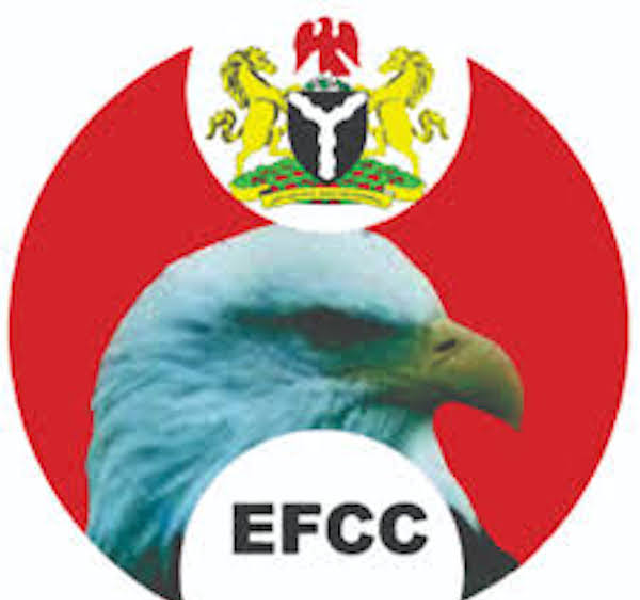In a significant move to address suspected irregularities in foreign exchange transactions, the Central Bank of Nigeria (CBN), led by Governor Olayemi Cardoso, has initiated a joint investigation with the Economic and Financial Crimes Commission (EFCC) into alleged forex racketeering involving banks and firms.
The investigation, prompted by concerns over questionable foreign exchange allocations and forward contracts amounting to approximately $2.4 billion, follows the conclusion of an audit conducted on $7 billion in forex debts inherited by the current CBN administration.
Governor Cardoso disclosed the ongoing probe during a press briefing held shortly after the 294th meeting of the Monetary Policy Committee in Abuja on Tuesday. He highlighted the focus of law enforcement agencies on scrutinizing foreign exchange transactions flagged as invalid based on the audit report.
The audit, conducted by global firm Deloitte, revealed discrepancies and infractions in numerous transactions, including allocations to fictitious entities and the provision of forex without corresponding naira values. Governor Cardoso emphasized that these irregularities, some amounting to millions of dollars, were deemed unlawful and lacked proper documentation.
While addressing journalists, Governor Cardoso reiterated the commitment of the CBN to transparency and accountability in the forex market. He emphasized that any findings contrary to the current assessment would be duly considered. The governor also clarified that verified forex obligations had been settled by the CBN, ensuring compliance with valid transactions.
The investigation underscores the CBN’s resolve to maintain integrity and oversight in forex operations, crucial for fostering investor confidence and attracting foreign investments to Nigeria. However, the duration and outcomes of the probe remain uncertain.
In a separate development, stakeholders in the private sector have raised concerns over unmet forex requests and alleged opaque processes in the settlement of forex backlogs. Some businesses are contemplating legal action against banks for non-honoring of forex requests, despite recent stakeholder meetings convened to address the issue.
Governor Cardoso reassured stakeholders of the CBN’s commitment to transparency and urged affected parties to utilize the open market for forex transactions. Additionally, he reiterated the CBN’s stance on indirect interventions, emphasizing the need for collaboration with capable entities for targeted interventions.
Amidst these developments, the CBN has directed deposit money banks to expedite efforts to increase their capital base, a measure aimed at strengthening the financial system against potential risks.
The ongoing investigations and reforms in the forex market coincide with the recent appreciation of the naira against the dollar, reflecting improved stability and investor confidence. Governor Cardoso highlighted the positive impact of forex stability on inflation management and foreign investment attraction, signaling optimism for Nigeria’s economic prospects.











